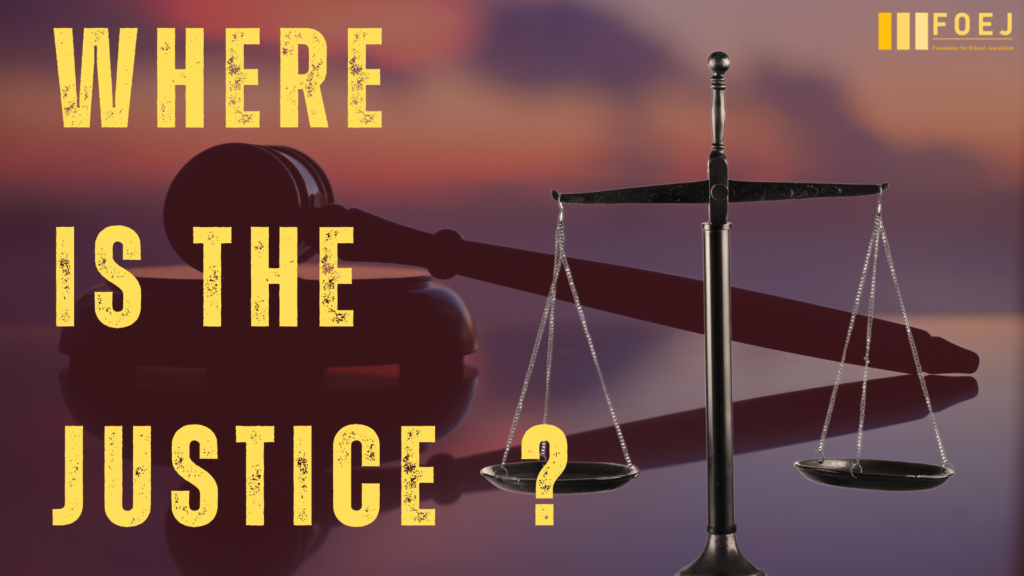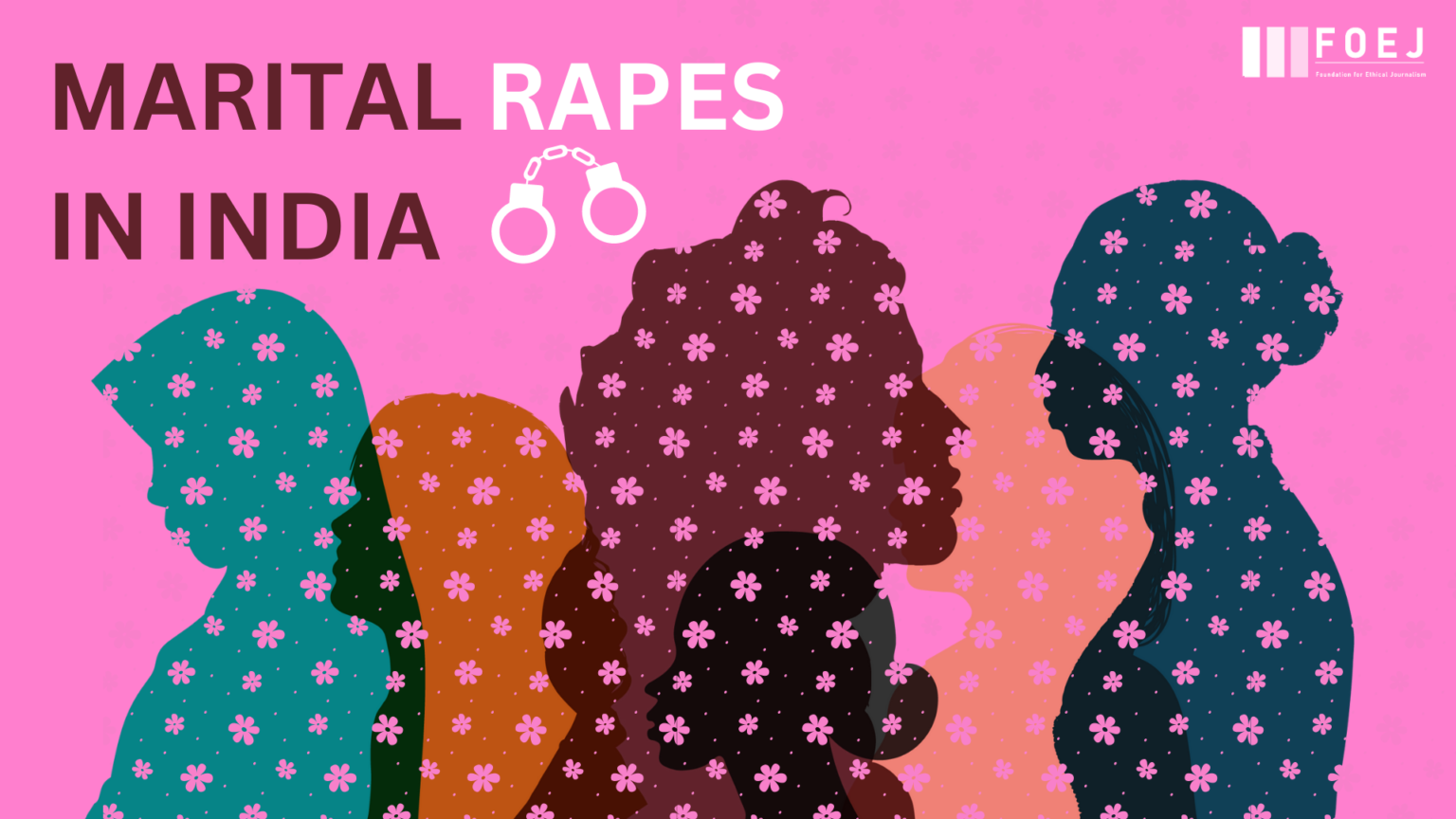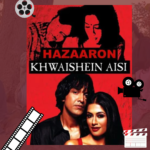On Friday, 16th September, Supreme Court asked for response from the Centre over the piling of the petitions on whether to criminalise marital rape or not. Informing about the stockpiling of petitions over the issue, Justice Ajay Rastogi indicated that similar petitions are supposed to be heard in February next year.
The issue reached to the apex court as the split decision of the Delhi HC over the petition filed by All India Democratic Women’s Association by Advocate Karuna Nundy, the two-judges bench agreed that the issue is meant to resolve subsequent question of law and hence the involvement of apex court is of extreme importance.
What is the whole issue ?
The debate over the criminalisation of marital rape is a long one. There are two opposite groups divided somewhat on sociological and orthodox terms. One group opposes the criminalisation of marital rape on the heavy ground of marital obligations and sanctity of marriage while the other group advocates the criminalisation of marital rape on grounds of equality and emancipation of women from age-old domestic bondage.
The criminalization sought to remove Exception 2 of the Section 375 which says that sexual intercourse or any sexual act by a man with his own wife where wife not being of less than 15 years of age, is not rape.
The question which is sought to be answered is that whether the sexual intercourse within marriage, without the consent of wife, would amount to rape or not. This question requires immediate answers and reversal of laws especially at a time when the call for human rights protection and gender emancipation is at peak.

Judgement of the Delhi HC
On May 11, 2022, two-judges bench of Delhi High Court gave the split decision over the decriminalisation of marital rape. After which, they both agreed that being the substantial question of law, the question requires the opinion and judgement of the Apex court.
Justice Rajeev Shakdher, the lead judge of the bench of Delhi HC gave the split decision and held that the criminalisation of marital rape is the need of the time keeping in view the vehement discussions over the emancipation of women from archaic bondages.
He was of the opinion that the withdrawal of the consent of wife to engage in sexual intercourse with her husband forms the core of present time and an important aspect of right to life and liberty means to safeguard his mental and physical being. He further opined that rape whether marital or not, inflicts heavy mental injuries, apart from physical scars on the victim.
However, Justice C. Hari Shankar, the other judge of the Delhi HC bench held that the criminalisation of the marital rape cannot be done as the provision is based on the principle of ‘intelligible differentia.’ The question of criminalisation of marital rape requires contemplation from not only legislative aspects but also social, cultural and humanitarian aspects.
The two judges differed on several important concerns such as, the availability of evidence, need of consent, the view over sanctity of marital obligations, whether the court should decide the issues of marital rape or legislature and whether remedies are available to victims of violence in other laws or not.
Justice Shakdher reiterated that the absence of consent or the presence of physical injuries may not be the only factor for deciding marital rape, as in the present context, physical injuries are inflicted during sexual engagements as a feeling of passion or sado masochistic sex.
Another argument for criminalising marital rape given by Justice Shakdher is that as per the National Family Health Survey, the sexual violence is most often committed by individuals with whom women have an intimate relationship. The NFHS report of 2019-21 shows that among ever-married women aged 18-49 who have ever experienced sexual violence, 83% report their current husband and 13% report a former husband as their perpetrators.









